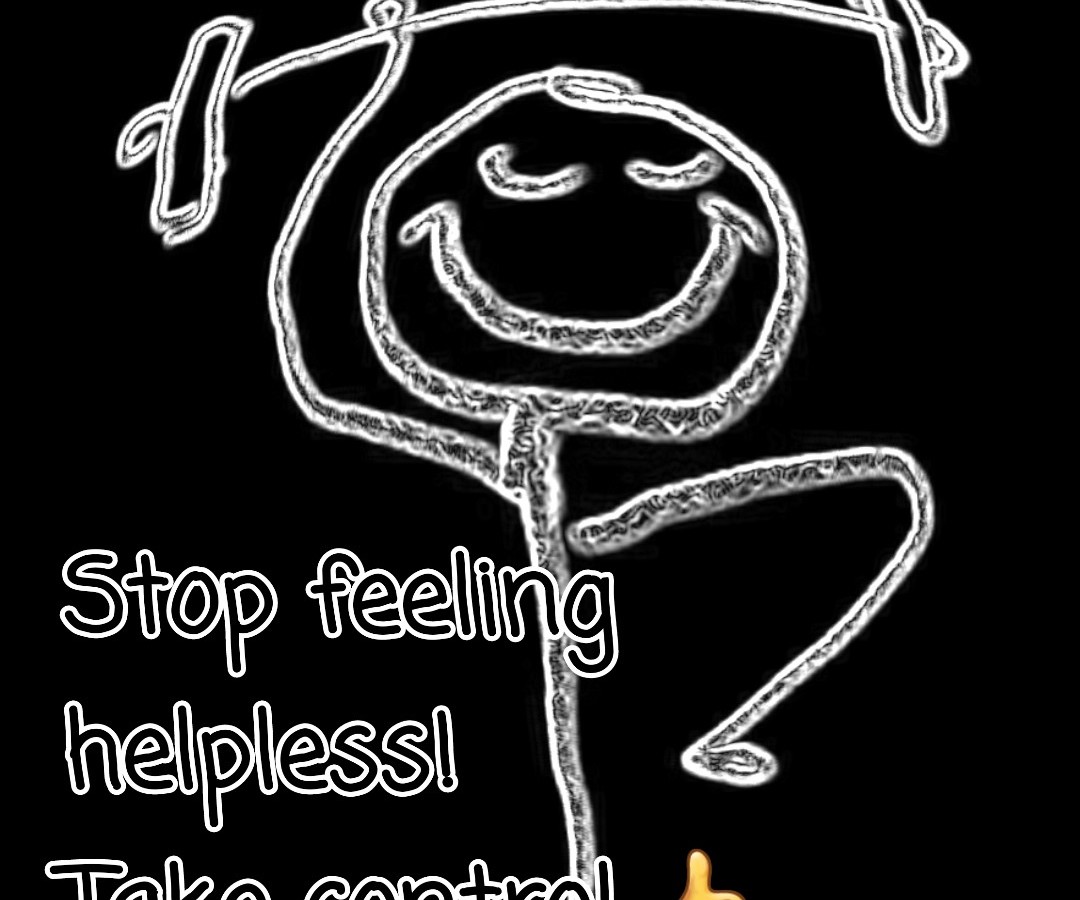We worry about the escalating healthcare budget. Mental health issues add to our woes, as people stop practicing wellness when they are depressed.
Numerous solutions have been proposed, but with limited success.
A contributing factor is that we have handed over our health responsibility to the healthcare system. It is not because we are too lazy to take care of our health or are uninformed about our health care needs. Instead, having more accessible access to healthcare has provided us with immediate gratification as we got the care we needed without putting in too much effort. For example, a colleague who has Type 2 diabetes would have dessert with his pills.
The problem arises when the current healthcare services don’t have enough resources to meet our never-ending needs.
The answer to this crisis is a no-brainer. We must become more self-reliant by taking preventive measures for our optimal health. However, this is not easy as it’s challenging to modify our behaviour when we are unwell.
Repeated failures strengthen our belief that we cannot get better on our own.
Learned helplessness, as proposed by psychologist Martin Seligman is a feeling of helplessness and having no control in an adversarial situation. After repeatedly failing to escape, you may stay stuck in the case, believing you have lost the ability to escape or avoid it.
Losing hope and belief in yourself is a conditioned or learned response.
For example, a 60-year-old depressed health care professional believes they will feel and sleep better only when on psychotropic medications. This lady has mobility issues due to her lifestyle habits. Her self-help measures are to isolate herself, eat comfort food and wait to see a specialist.
Learned helplessness affects even the young. A 17-year-old reporting high anxiety declined individual intervention while waiting for a psychiatric assessment. This young person was articulate, made good eye contact and had earlier made a public declaration about lack of access to health care at an event supporting mental wellness.
Learned helplessness creates negativity and low self-esteem, which affects our overall functioning. Here cognitive distortions or thinking errors are responsible for a distorted view of our reality, where things look much worse than they are.
‘Mental filtering,’ a cognitive distortion, makes us focus on our situation’s negative aspects while disregarding the positive aspects.
This view leads to the cognitive distortion of ‘catastrophizing’ when we start to believe that we are helpless to improve our situation on our own. It can be as simple as taking a walk or eating healthier.
However, having a down-to-earth view of your situation can help. It is possible by being objective about your negative feelings. Having an action plan to minimize your zeal for perfection, an ‘all or nothing’ thinking error, can make you start accepting yourself as you are.
When you feel you cannot go for your morning walk, meditation can be considered an alternative.
In due course, you will work with your healthcare provider as a team member when you get an appointment. This feeling of empowerment will lead to a speedy recovery. Relapse prevention will be a breeze, leading to a better quality of life and more money in your pocket.
A win-win situation for all!
This article is adapted from my article published in the Telegraph-Journal.
The picture is from Mind Matters A.S. Consulting;
https://www.facebook.com/mindmattersasconsulting//
Disclaimer: This article is for informational purposes and should not substitute for consultations with a qualified professional.


